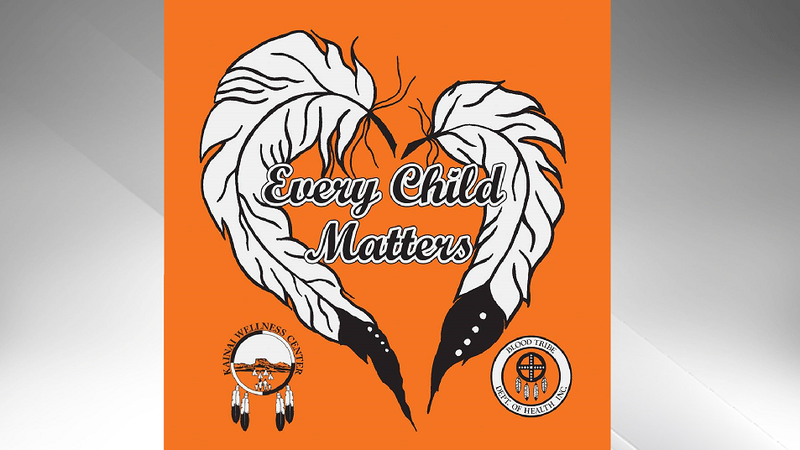
Director of Kainai Wellness Centre on impact of residential schools
PINCHER CREEK, AB – “I was in shock, actually, but I was not surprised.”
Terri-Lynn Fox, the Director of the Kainai Wellness Centre in Pincher Creek, is reacting to the news that 215 child graves were discovered at a former residential school near Kamloops, B.C.
READ MORE: “Unthinkable” – 215 child graves found at former Kamloops Indian Residential School
More than 150,000 Indigenous youths were forced into residential schools in the 19th and 20th Centuries, run by Canadian governments and religious authorities.


